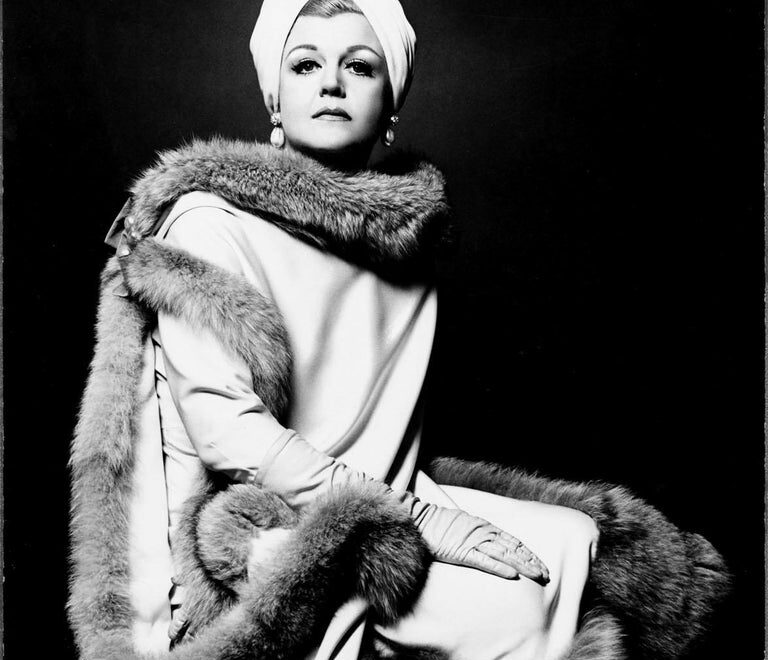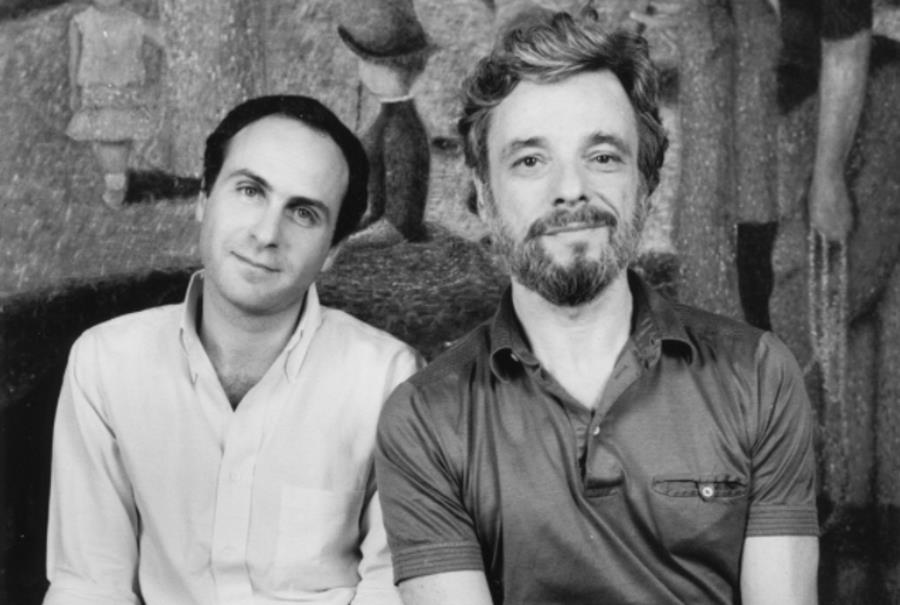It isn’t true for every child that grows up in a large family, but it was true for me: I wanted to be seen. There I was, a middle child (one of ten) convinced of his invisibility, and fighting like hell to rectify the injustice. From where I sat, recognition came either by way of trouble (something to be avoided, or else suffer my parent’s wrath) or achieving something spectacular. When I discovered there was such a thing as an Oscar (not to mention an Emmy, Tony or Grammy), show business awards became a metaphor for a kind of shiny, invincible attention that no one could take away; this idea consumed me until I became an actor and discovered that awards were…just awards.
Still, handicapping them remains one of my favorite sports, though, after a preoccupied-elsewhere fall, I’m only now catching up with the contenders. But guess what? Hollywood’s Dream Machine can still surprise, bringing us cinema that delights as well as horrifies; whether the work adds up to awards, well, time will be the revelator. Mark your calendars—it’s February 22nd on ABC.
Nightcrawler (Dan Gilroy, director). What a tale for our upwardly aspiring, the economy-is-still-bad age when jobseekers scrabble for an idea good enough to insure solvency. Jake Gyllenhaal plays Louis Bloom, a small-time thief whose eureka moment comes one night when he stumbles into the world of tabloid journalism after witnessing a horrific accident. He becomes a nightcrawler, parlance for those guys who wield cameras like machetes, descending on and capturing other’s miserable moments (car wrecks, home invasions) as fast as his police scanner can pinpoint their location. Gilroy takes us into an L.A. shadow world of road shoulders, cul-de-sacs, and a television studio (presided over by the indispensable Rene Russo as a woman for whom the tragedies of others translate to high news ratings and profits) so sinisterly conceived it would bring a smile to Raymond Chandler’s face. This is Network for the go-getter Apple Age; better though, is its on-the-money send-up of manufactured journalism, its jobseeker I-take-my-work-seriously jargon, and Gilroy’s refusal to soften the story, or punish Bloom’s morally questionable actions is actually refreshing. It’s the art we deserve, in a good way. See it before your next job interview.
Into the Woods (Rob Marshall, dir.). Marshall, not my favorite director of musicals, or any other genre, does well by this tale of parents, children and magic beans created by Stephen Sondheim and James Lapine from the brothers Grimm, based on their 1980s stage musical. Sondheim is a modern Shakespeare whose rich melodies and trenchant lyrics often stop the heart, and Lapine’s book frames them well. The movie presents a difficulty only for those who know the stage production—I found myself missing the cleverness of Lapine’s direction, but the performances compensate, especially Meryl Streep as the Witch. Whether on screen or on stage, thanks to Sondheim the effect is the same—you’ll be entertained, but also moved. Kudos (and a sigh of relief) to the Disney Company for keeping their hands out of the pot. And musical theater buffs, listen for the fanfare that begins the first ball scene: delicious.
The Imitation Game (Morten Tyldum, dir.). This is the year of Benedict Cumberbatch, and this film, based on the story of Alan Turing, Britain’s Enigma code breaker, and the father of the modern computer, illustrates why. This intensely physical actor pulls you along in this story of a man who’s socially inept (gay, but a stutterer), but burns with a single-minded intelligence that in its way, is as messianic as the film’s (and history’s) enemy: Hitler. Like the character, the actor shows the beauty, poignancy and humor in unconventionality, his face (and those eyes!) a prism of fury and longing. The film itself is conventional biopic personified, but you’d need a miniseries to give the Turing story the full weight it deserves. Until that happens, Cumberbatch, aided by Keira Knightley, Matthew Goode and the great Mark Strong, burn holes in the screen, and in our hearts, in this tale of technological innovation, and persecution—the last scenes of Turing, suffering the effects of chemical castration (a penalty for his prosecution as a homosexual under Britain’s then-draconian laws) will haunt you.
More to come…


